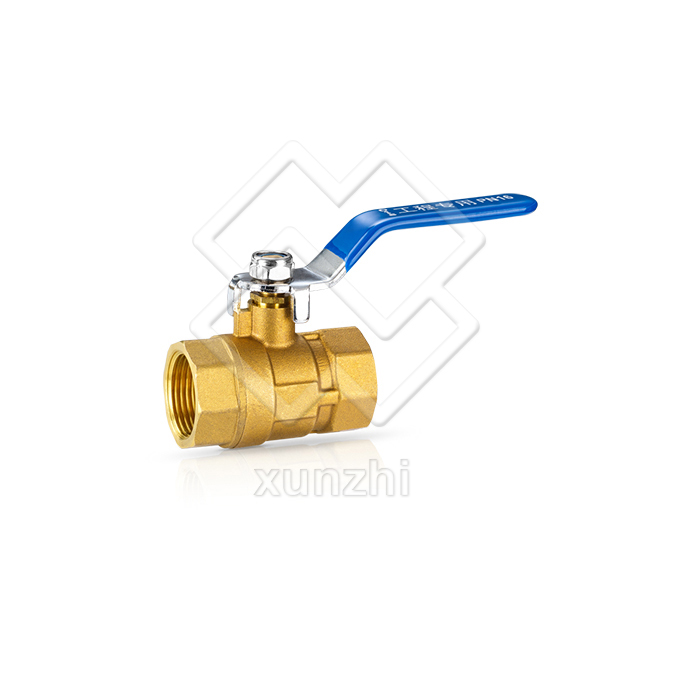If you are looking for a new valve for your next project, consider a brass valve and fittings manufacturer. A brass valve is an alloy of copper and zinc, making it a strong and durable choice for your application. This material resembles gold and is stronger than copper, which makes it an ideal choice for hot and cold temperatures. Compared to copper, brass is a bit more expensive, but the benefits outweigh the price difference.
One of the benefits of brass is its sturdiness. The copper and zinc make it a superior choice for many different applications. Due to its versatility, brass valves are manufactured using several different methods, including casting, heat extrusion, and cold drawing. Because of their smooth finish, they can be used for a variety of applications and save you money on finishing costs. In addition, brass is corrosion resistant. However, prolonged exposure to water and chlorine may break down the zinc in brass, making them unsuitable for use in potable water or natural gas systems.
Copper and brass are both copper alloys, but they differ in their properties. Copper is softer than brass and is more malleable. A bronze valve is stronger than a brass valve, which is a common choice in cold-water applications. As for the quality of brass valves and fittings, they should meet the specifications of the application they will be used in. For example, copper and brass are both corrosion resistant and can be used in the same applications.

A brass valve is a versatile option when it comes to applications. Its versatility is greater than that of bronze and allows for various manufacturing processes. These materials can be cold drawn, cast, and heated, which give them a very smooth surface and can help you save money on finishing costs. Additionally, the zinc content of brass makes it highly corrosion-resistant. Therefore, it is suitable for use in potable water and natural gas systems.
Unlike copper and bronze, brass is a stronger and more versatile metal. It can be cast, forged, and cold-drawn. This makes it easier to work with and more versatile than bronze. Besides being durable, brass is highly corrosion resistant. The only downside to brass is that it can be easily corroded by water or chlorine. In other words, if you need to control the flow of a liquid, a brass valve is your best option.
While copper and brass valves look similar, they have different uses and properties. In contrast to bronze, a brass valve is used to prevent water from entering the water supply. Its high strength and high conductivity are important for plumbing and other types of equipment, while its antimicrobial qualities make it an excellent choice for valves and fittings. A brass valve is the perfect choice for plumbing and heating systems. And its high quality will last for years.
